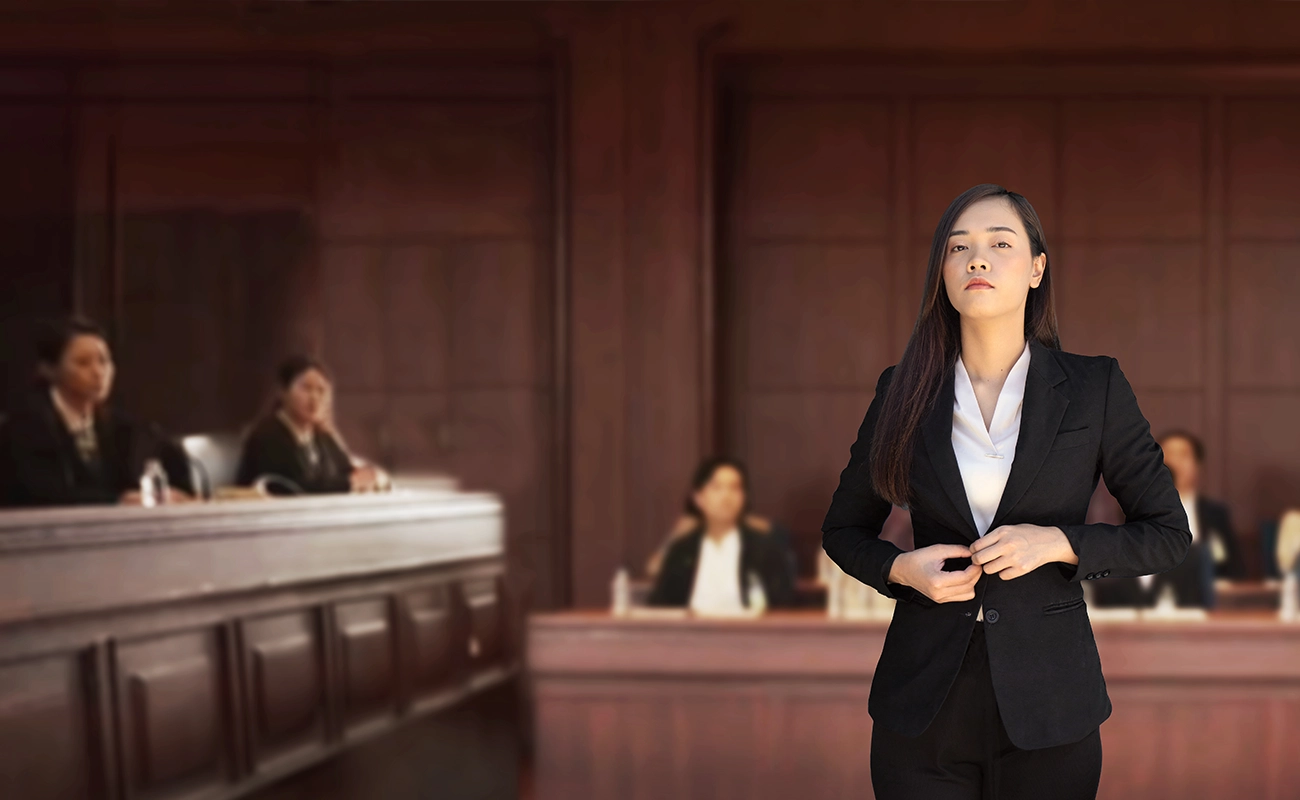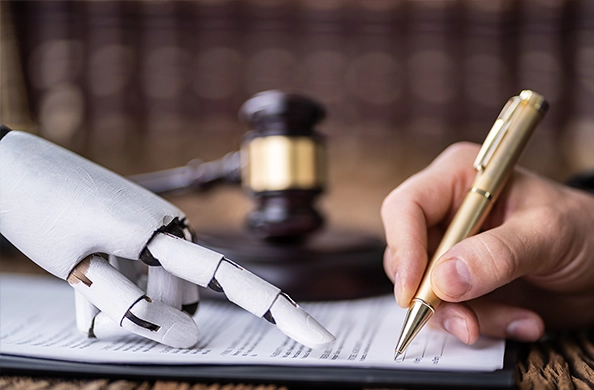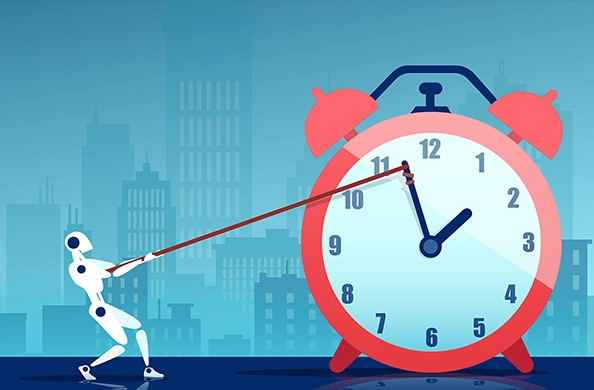Building a Strong Criminal Defense: Essential Strategies and Tips

Facing criminal charges is a daunting experience that can significantly impact your life. Building a strong criminal defense is crucial for achieving a favorable outcome. This blog outlines essential strategies and tips for constructing an effective defense, the role of a defense attorney, and common defenses used in criminal cases.
Key Defense Strategies
- Challenging Evidence:
- Description: One of the primary strategies is to scrutinize the evidence presented by the prosecution. This includes questioning the validity of physical evidence, challenging forensic reports, and highlighting inconsistencies in witness statements.
- Example: If evidence was obtained illegally, it may be inadmissible in court.
- Questioning Witness Credibility:
- Description: Cross-examining witnesses can uncover biases, inconsistencies, or inaccuracies in their testimonies. A strong defense often involves undermining the credibility of the prosecution’s witnesses.
- Example: Demonstrating that a witness has a motive to lie can weaken their testimony.
- Presenting Alibi Evidence:
- Description: Providing an alibi involves proving that you were somewhere else when the alleged crime occurred. This can include witness testimony, surveillance footage, or electronic records.
- Example: Show evidence that you were at work or with friends during the time of the crime.
Role of a Defense Attorney
- Gathering Evidence:
- Description: Defense attorneys collect and review evidence to build a case. This includes interviewing witnesses, obtaining police reports, and analyzing forensic data.
- Action: Work closely with your attorney to provide all relevant information and evidence.
- Negotiating Plea Deals:
- Description: In many cases, attorneys negotiate plea deals with the prosecution to secure a lesser charge or reduced sentence. This can be beneficial if the evidence against you is strong.
- Action: Your attorney will discuss the pros and cons of accepting a plea deal versus going to trial.
- Representing Clients in Court:
- Description: Defense attorneys represent clients during trial, presenting arguments, cross-examining witnesses, and challenging the prosecution’s case.
- Action: Trust your attorney to advocate on your behalf and follow their guidance throughout the trial.
Common Defenses
- Self-Defense:
- Description: Claiming self-defense involves arguing that your actions were justified to protect yourself or others from imminent harm.
- Example: Demonstrating that you acted out of fear for your safety during an altercation.
- Insanity Defense:
- Description: The insanity defense argues that you were unable to understand the nature of your actions or distinguish right from wrong due to a mental illness.
- Example: Providing evidence from mental health professionals to support your claim.
- Mistaken Identity:
- Description: Mistaken identity involves proving that you were wrongly identified as the perpetrator of the crime.
- Key Points: Presenting evidence or witnesses that can confirm you were not at the scene of the crime.
Building a strong criminal defense involves understanding key strategies, working closely with a skilled attorney, and exploring various defenses. By employing these strategies and focusing on your defense, you can significantly improve your chances of a favorable outcome.
FAQs About Criminal Defense
- What are common defenses used in criminal cases?
- How can a defense attorney help with my case?
- What should I do if I’m accused of a crime?
- How do I choose the right criminal defense attorney?
- What should I expect during a criminal trial?
Common defenses include self-defense, insanity, mistaken identity, alibi, and challenging the evidence presented by the prosecution.
A defense attorney helps by gathering and analyzing evidence, negotiating plea deals, representing you in court, and developing strategies to challenge the prosecution’s case.
Seek legal advice from a qualified defense attorney, avoid discussing the case with anyone except your attorney, and gather any evidence or alibis that support your defense.
Look for an attorney with experience in handling cases similar to yours, a strong track record, and a good reputation. Schedule consultations to discuss your case and assess their approach.
During a trial, you can expect opening statements, presentation of evidence, cross-examinations, and closing arguments. The judge or jury will then deliberate and reach a verdict.




